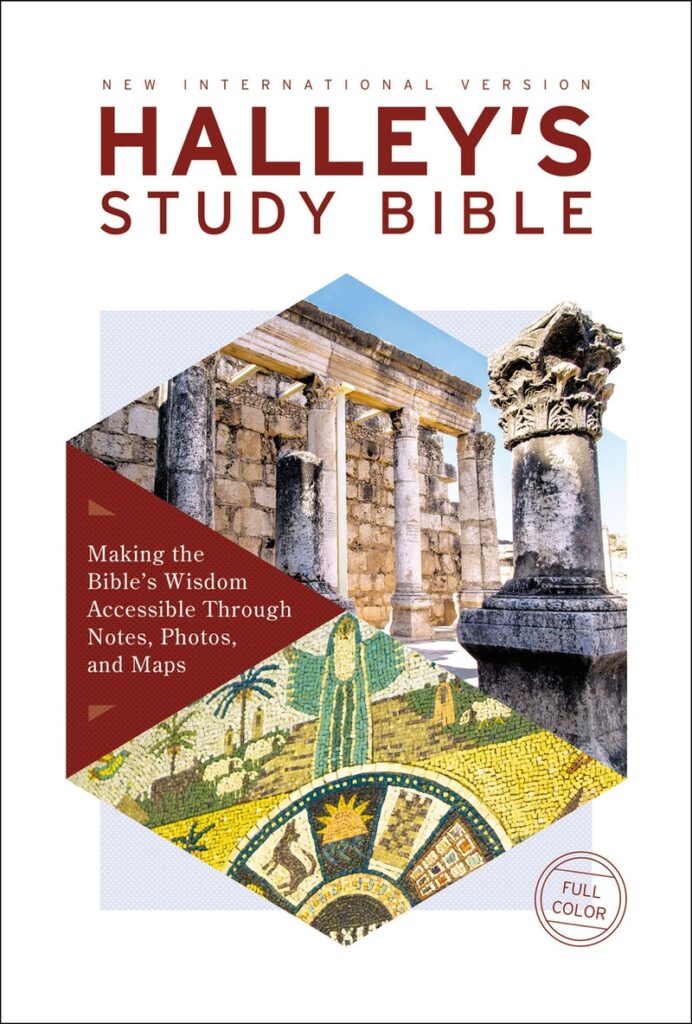Which Bible is Best?
September 16, 2020 | Posted by : Donna Jones
I saw her in the religion section of Barnes and Noble. Her eyes were wide, her mouth ajar; her expression an equal mixture of stunned and overwhelmed.
And all she wanted to do was buy a Bible.
I stopped to ask if I could help.
“Why are there so many choices?” “How do I know which Bible to get?”
I’ve heard these same questions from gals in Bible studies I lead and churches I speak for. Seekers aren’t the only ones who wonder…
-
Why are there are so many different versions of the Bible?
-
Which one is best?
Here’s the simple answer to why we have different versions of the Bible:
The Bible was originally written in Hebrew, a little Aramaic (The Old Testament) and Greek (New Testament). When translators translated the Bible into various languages–including English–they carefully translated words literally, but also ensured the Bible was readable.
But as the thirst for reading the Bible grew, so did the need for versions which put a slight emphasis on either literal translation on one hand, or readability, on the other.
By design, versions like ESV and NASB emphasize word-for-word translation and are best for Bible Study. Versions like NLT are easier to understand, but still accurate to the original text. Paraphrase versions like The Message are easier still, and are helpful devotional tools, but are not good for actual Bible study.
The translators of the most popular version–the NIV–tried to hit an equal balance between being literal and readable.
So, the simple answer to, “Why are there so many versions of the Bible?” is that each version is useful for different purposes and needs of its readers.
Which brings us to the second question: Which version is best for me?
The simple answer: It all depends on how you want to use your Bible.
But my pastor/hubby, JP, has an even better answer: Get the one you will actually read.
Over the years I have owned several different versions of the Bible; NASB or ESV for study, NIV to teach and speak, NLT for my own devotional reading each day. But, I’m a Bible teacher, speaker, author, and Pastor’s wife, so I’m not exactly your average Joe.
Recently, though, Bible Gateway asked me review a new Bible that contains the best of all worlds: The Halley Study Bible. Since it’s been a long time since I’ve had a great study Bible, and I’m all about helping YOU in your journey with Christ, and the Bible was free (just keeping it real), I said, “yes”.
When the Bible arrived in the mail, JP said, “Wow! This is a Bible and the Bible handbook every seminary student in America had when I was in grad school, all rolled into one.”
Here’s what I like about it:
- NIV version for easy reading, but still literally accurate
- Bible study notes to help decipher difficult passages
- Great (the best I’ve seen in a Bible) pictures of places the Bible talks about, which enabled me visualize stories in the Bible, and consequently, better understand them, too.
- Comprehensive, yet understandable, information about each Biblical author at the beginning of each book for the Bible.
- Concordance, Bible Reading Plans, and tons of helpful tools that are easy to use.

Here’s what I didn’t love:
- It’s big. (I’m obviously not traveling with this one!)
- Some of the Bible study notes didn’t address the most difficult passages–the ones I really needed help understanding.
Still, the comprehensive information contained in this one Bible is worth the investment. It’s kind of an “all-in-one-stop” Bible.
If you’ve yet to buy a study Bible I’d recommend you consider this one.
But remember, the best Bible to own is the one you will actually read!
You are loved,
Donna
Donna would love to connect with you on Instagram @donnaajones or Facebook, Donna Jones, Speaker & Author. You can also watch Donna teach live at Crossline Church each Thursday morning or Monday night at www.crosslinechurch.com.
If you are new to the Bible, you’ll love her book, SEEK: A Woman’s Guide to Meeting God.
The post Which Bible is Best? appeared first on Donna Jones.